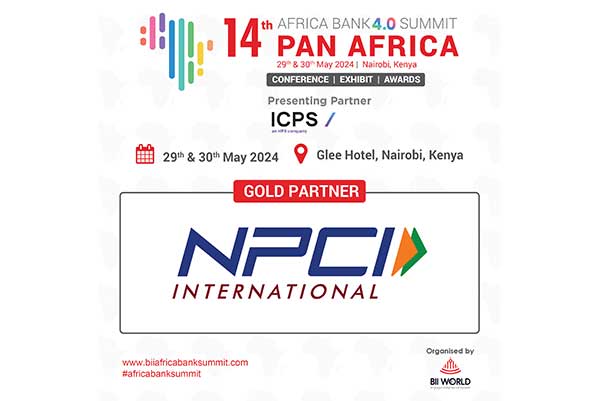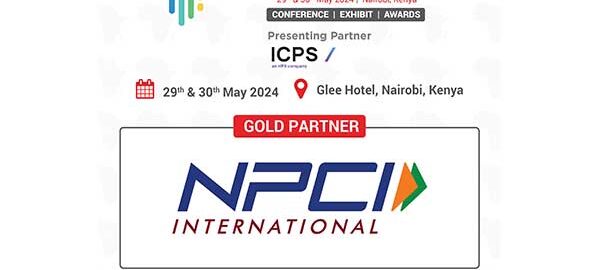1) How can digital payments revolutionize a country’s financial institutions and payment infrastructure?
Establishing a digital payment infrastructure enhances the efficiency, security, and accessibility of financial services of a country, thus empowering the economic well-being of its citizens. By reducing the need for physical cash and lowering transaction costs, digital payments also help bolster financial inclusion, allowing more people, especially underserved communities, to access financial services. Moreover, having a robust and interoperable digital payment infrastructure like the Unified Payments Interface (UPI) enables merchants to easily onboard new customers and offer their services seamlessly. It simplifies the collection process by alleviating the need to handle cash or store sensitive customer information, thereby mitigating any risks and enhancing customer trust.
Additionally, digital payment systems can provide valuable data insights that help financial institutions tailor their services to meet the specific needs of different customer segments. This technological advancement fosters innovation in financial products and services, further stimulating economic growth and development.
2) For those unfamiliar, what is UPI and how has it revolutionized digital payments in India?
UPI is a revolutionary, real-time digital payment platform developed by the National Payments Corporation of India (NPCI). Built on the ethos of open banking and interoperability, UPI provides users with flexibility and control, enabling people to transfer money instantly between bank accounts using their mobile phones without the need for sharing sensitive bank details.
In April 2024, UPI processed 13.3 billion transactions worth USD 235 billion. Furthermore, since its inception, UPI’s scope has expanded to include wallets, cards, credit lines, and overdrafts, in addition to savings and checking accounts. UPI has created a more inclusive financial ecosystem, with over 350 million active monthly users and nearly 340 million merchants QRs across India, enabling a cashless, hassle-free payment and collection experience.
A significant aspect of UPI is the robust security protocols it upholds. Apart from a mandatory two-factor authentication (2FA), NPCI implements advanced risk models using AI and machine learning (ML) to detect and prevent fraud.
UPI fosters a more inclusive financial ecosystem by enabling instant, low-cost transactions for consumers, ranging from high-value to micro-payments, and simplifying payment collections for merchants while reducing risks and enhancing customer trust. Banks and Payment Service Providers (PSPs) benefit from increased transaction volumes and market reach, with the ability to innovate and develop tailored payment solutions using UPI’s infrastructure.
3) With its extensive experience in creating payment platforms, what are NPCI International’s strategies for globalizing digital payments?
At NPCI International, we focus on two main areas. One key area is partnering with foreign central banks or their regulated entities to share our expertise in creating a successful digital payment ecosystem as part of the Digital Public Good initiative. By sharing our technology and business expertise, developed in managing the complexities of a diverse country like India, we aim to assist other nations in establishing UPI-like systems. Our strategic partnership with the Bank of Namibia (BoN) is one such example as it aims to enhance digital financial services and bolster real-time Person-to-Person (P2P) and Merchant payment transactions (P2M) in the African nation. The robust security features inherent in the UPI platform not only promise to instil confidence among users and stakeholders but also ensure scalability for future technological advancements and market demands of Namibia.
The other objective is building interoperability with India, which involves two aspects: creating opportunities for Indian travellers to use their UPI apps for payments abroad and addressing the needs of Indians residing overseas who require efficient ways to send money back home.
4) Could you elaborate on the partnership between NPCI International and Bank of Namibia to implement the UPI Stack, and its impact?
NPCI International has partnered with the Bank of Namibia to enable deployment of real-time payment system like UPI in the African nation. This collaboration aims to enhance Namibia’s financial infrastructure by making digital financial services more accessible and affordable, and achieving full interoperability of payment instruments by 2025. The initiative will improve real-time payments between individuals and
The secure UPI-like platform will facilitate efficient economic transactions, such as the payment of social grants, and support digital entrepreneurship. This partnership is expected to drive economic growth and modernize Namibia’s financial sector, benefiting its citizens and businesses. It will enable Namibia’s existing payment infrastructure to leverage technology from India’s UPI. By enabling this technology, the country will gain sovereignty in the digital payments landscape and stand to benefit from enhanced payment interoperability and improved financial access for underserved populations
5) The creation of UPI is a notable example of successful collaboration between financial institutions, and private and public sectors. How important is this synergy?
UPI represents a successful collaboration between India’s public and private sectors in the financial industry. This collaboration arose from a necessity to unify and simplify the various existing payment systems that were cumbersome, inconsistent, and increasingly reliant on paper-based processes. UPI was conceived as a solution to these challenges, offering a standardized, streamlined digital platform that facilitates real-time banking transactions directly from mobile devices.
The extraordinary growth story of UPI can be attributed to three essential factors – The Government of India’s vision to transform India into a digitally empowered society, the Reserve Bank of India’s (RBI) forward-thinking approach towards payments and financial technology, and the collective support of banks, financial institutions, fintechs, merchants, and consumers have been instrumental in propelling UPI’s success.
This synergy has not only revolutionized the payments landscape in India but also set a benchmark for other countries to follow, showcasing the immense potential of collaborative efforts in driving technological innovation and financial inclusion. By working together, these entities have been able to create a more efficient, secure, and accessible payment ecosystem that benefits everyone involved.



